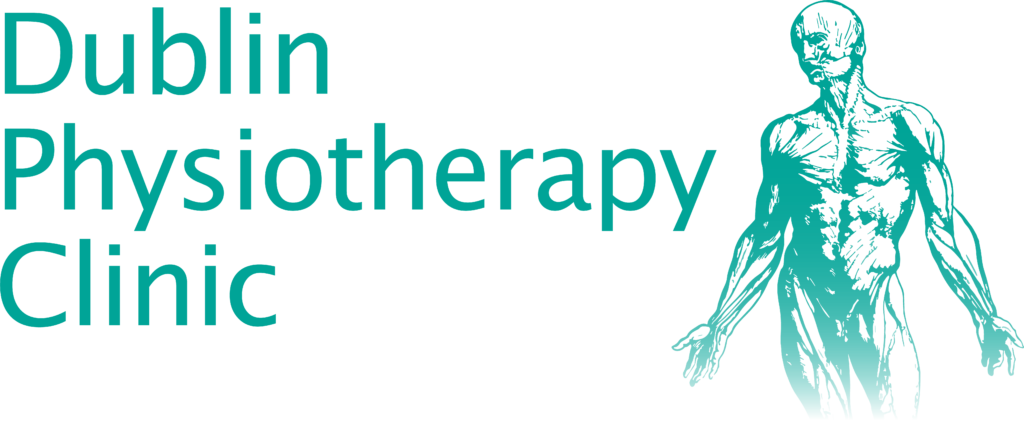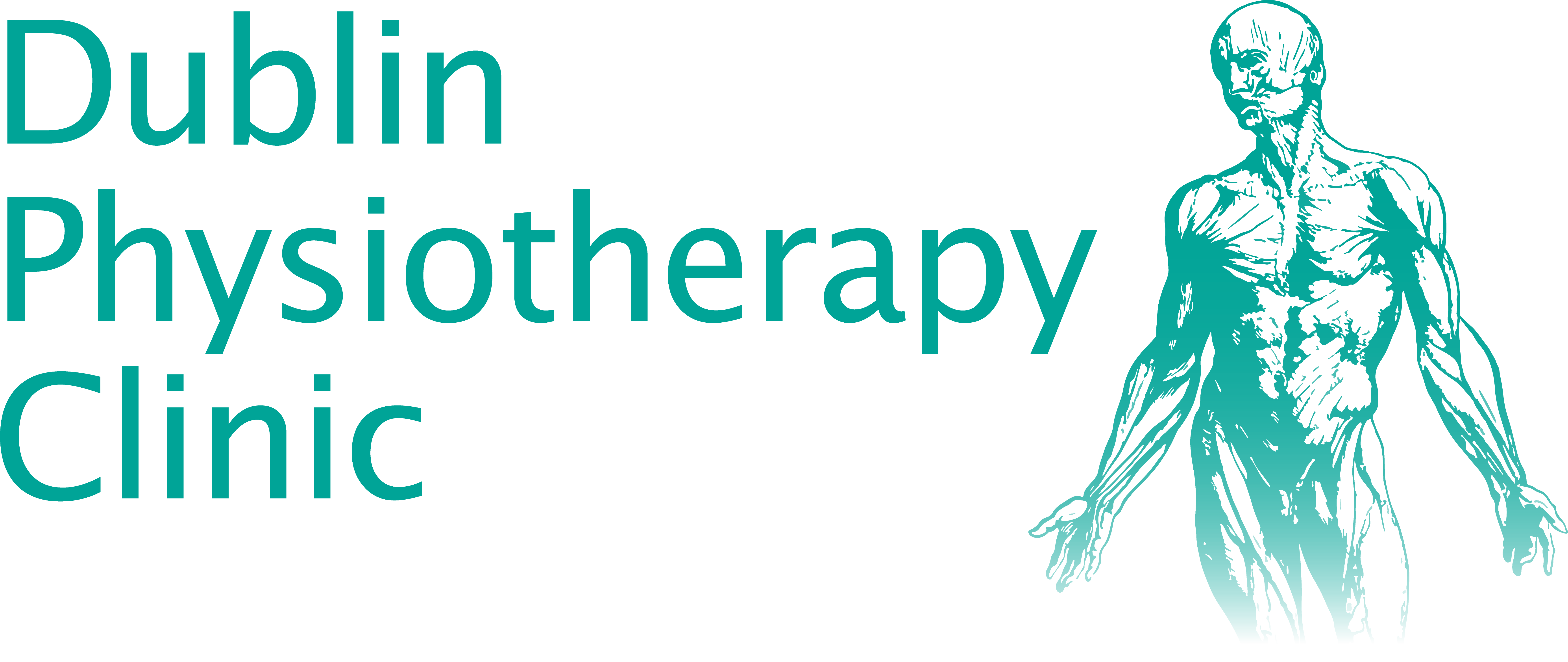Low Back pain
Low Back Pain? There is a solution. Did you know that over 70% of Low Back Pain suffers don’t have a specific diagnosis?
- It’s true, 7/10 people with Low Back Pain don’t know what’s causing their symptoms or why it occurs. This is shocking given that Low Back Pain is the leading cause of reduced activity & absenteeism in Ireland.
- Worryingly, the actual causes of Low Back Pain are frequently ignored with treatment focused only on symptoms instead of causes.
- Medication may be part of the management but who wants long term drugs as the only treatment option?
- Restoring spinal movement, optimising muscle control and training functional activity are the real keys to restoring a normally functioning spine.

Treating Causes or Symptoms
As a back pain sufferer you know only too well what it feels like. Relief of symptoms is obviously the most important priority.
When pain improves it’s natural to assume that things are getting better. However reducing symptoms does not necessarily mean return to normal movement or weight bearing tolerance.
Frequently, residual spinal segment stiffness, muscle inhibition or muscle hyperactivity disturb spinal mechanics and leave it vulnerable to re-injury. This is the most common reason for repeat episodes of pain – failure to restore normal mechanics and muscle co-ordination after an acute episode.

Self Diagnosis
Inaccurate diagnosis, including self-diagnosis, frequently prolongs the problem, and can make matters worse. Foam rolling is great for muscle trigger points but no help for joint or nerve irritation. Manipulation of joints is irrelevant in the presence of muscle imbalance.
Anti-inflammatory medication and reduced activity are widely recommended. If you went to a Cardiologist with chest pain, would you be satisfied with tablets & “taking it easy”? Of course you wouldn’t – you’d want to know why it happened, what needs to be done and how to stop it recurring. Managing your spinal health is no different.
35 years
of experience
At Dublin Physiotherapy Clinic we have 35 years experience treating patients with difficult, challenging Low Back Pain. We focus our treatment on the cause of the problem, not just the symptoms.
Having spent many years lecturing around the world on Low Back Pain & rehabilitation, being fortunate to meet and collaborate with many of the leading authorities on spinal pain we naturally discuss the best patient management strategies available. We have also published some of this work in 6 different physiotherapy and rehabilitation textbooks. This commitment to excellence translates directly to the quality of care we strive to provide you.
For Appointments, Queries and Expert Advice, Contact us using the button below!

So what does this mean for you ?
- It means your wellbeing is our highest priority. Our primary focus is on getting you better and not on the “business” of healthcare.
- Our track record and continuous striving to improve means you will receive the best possible Physiotherapy care.
- If we can’t help you, we’ll tell you straight. We will arrange referral to our network of other committed experts including surgeons, physicians, podiatrists, pain management consultants, personal trainers and of course you’re GP – all working as a team with your best interest at heart.
- This is true “Patient Centred Care”. If you’ve ever frustratingly been passed around specialties a common reason is poor inter-disciplinary communication and you can waste a lot of time, energy and money going up blind alleys.
- Remember, all our treatment programs have an end point when mutually agreed objectives are met. We will do our utmost to ensure speedy recovery, avoid unnecessarily prolonged treatment and minimise expense.
- So Call Us Now to Book an Appointment, or simply leave your details, and we’ll call you back. Regain your spinal health and get on the road
Our Goal is to help you move better.
What does Comprehensive Spinal Assessment & Treatment look like?
A thorough spinal assessment requires a detailed history and physical examination.
It can take up to an hour and is critical to extract the relevant information from your experience and match it with the physical findings. This forms the basis of every treatment plan and shortcuts here can prove costly in the end.
- Range of spinal motion in all directions as baseline to measure progress.
- Evaluating range of hip & pelvic motion as key components of spinal function.
- Examining muscle flexibility in all relevant areas.
- Testing for muscle strength and coordination of all relevant areas.
- Evaluating postural alignment.
- Assessing for muscle imbalance.
- Identifying ergonomic or other occupational factors.

With this as a foundation a comprehensive treatment plan which is specific to your requirements is developed and implemented. Treatment will involve :
- Hands-on manual therapy
- Mobilisation
- Stretching
- Muscle activation
- Movement re-programming
- Strengthening and postural correction as appropriate.
So Call Us Now to book an appointment, or simply leave your details, and we’ll call you back. Regain your spinal health and get on the road to recovery.
Our Goal is to help you move better.
For Appointments, Queries and Expert Advice, Contact us using the button below!
Back Pain - Specific Conditions
Facet Joint Syndrome
Range of spinal motion in all directions as baseline to measure progress.
Evaluating range of hip & pelvic motion as key components of spinal function.
Examining muscle flexibility in all relevant areas.
Testing for muscle strength and coordination of all relevant areas.
Sciatica
Range of spinal motion in all directions as baseline to measure progress.
Evaluating range of hip & pelvic motion as key components of spinal function.
Examining muscle flexibility in all relevant areas.
Testing for muscle strength and coordination of all relevant areas.
Disc Degeneration
Range of spinal motion in all directions as baseline to measure progress.
Evaluating range of hip & pelvic motion as key components of spinal function.
Examining muscle flexibility in all relevant areas.
Testing for muscle strength and coordination of all relevant areas.
Arthritis / Degenerative Joint Disease (DJD)
Range of spinal motion in all directions as baseline to measure progress.
Evaluating range of hip & pelvic motion as key components of spinal function.
Examining muscle flexibility in all relevant areas.
Testing for muscle strength and coordination of all relevant areas.
Sacro-Iliac Dysfunction
Range of spinal motion in all directions as baseline to measure progress.
Evaluating range of hip & pelvic motion as key components of spinal function.
Examining muscle flexibility in all relevant areas.
Testing for muscle strength and coordination of all relevant areas.
JOIN OUR MAILING LIST
EMAIL:

